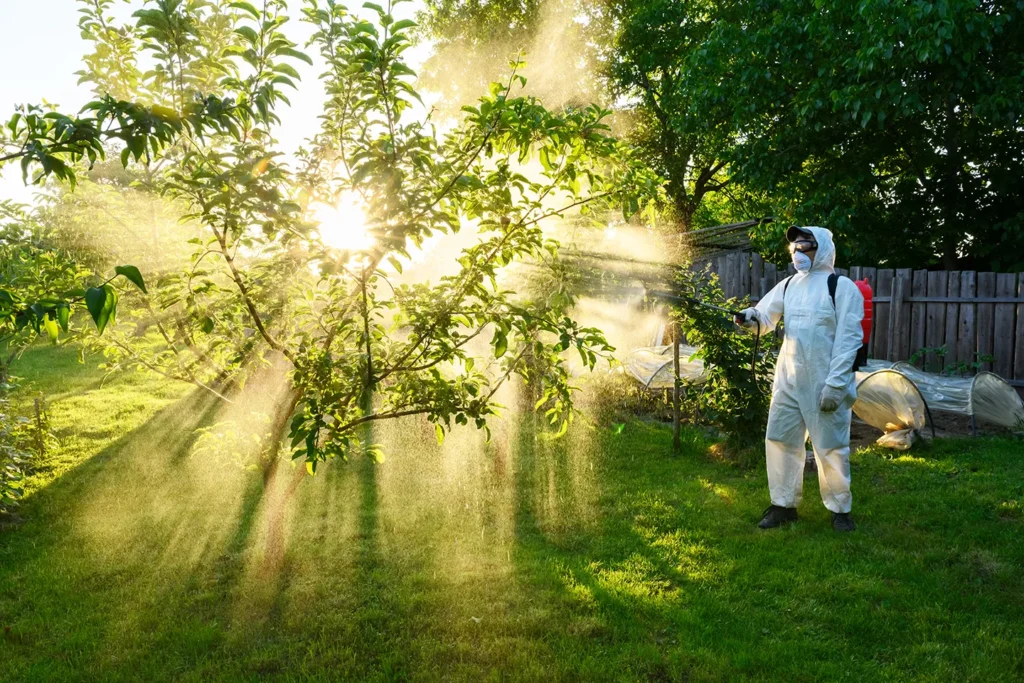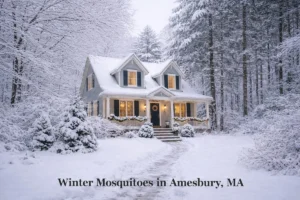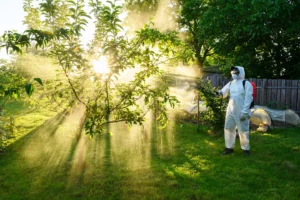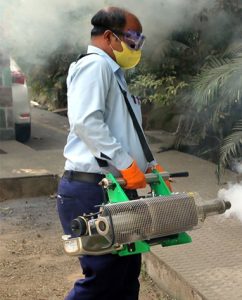Published by Mosquito Enemy | Expert Mosquito & Tick Control
If you’ve noticed mosquitoes buzzing around your yard later into the fall or emerging earlier in spring, you’re not imagining things. Climate change is fundamentally altering mosquito behavior patterns, creating longer breeding seasons and expanding their territory into previously unsuitable regions.
The Science Behind Extended Mosquito Seasons
Rising global temperatures have created optimal breeding conditions for mosquitoes across wider geographical areas and longer time frames. Warmer winters mean fewer mosquitoes die off during cold months, while earlier spring warmups accelerate their reproductive cycles.
Key Climate Impacts:
- Temperature increases of just 2-3°F can extend mosquito season by 2-3 weeks
- Increased rainfall and humidity create more breeding sites
- Milder winters allow more mosquitoes to survive and reproduce
- Earlier spring warmups trigger breeding season 2-4 weeks sooner
Regional Variations: What to Expect in Your Area
Northeast & Midwest
Previously, hard freezes eliminated mosquito populations by November. Now, many regions see active mosquitoes through December, with spring emergence starting in March instead of May.
Southeast & Southwest
Already warm climates now experience nearly year-round mosquito activity, with only brief winter respites in December and January.
Mountain and Northern Regions
Areas that rarely dealt with mosquitoes now face growing populations as temperatures warm and precipitation patterns shift.
The Health Implications
Extended mosquito seasons mean increased risk of vector-borne diseases:
- West Nile Virus cases peak later in the year
- Eastern Equine Encephalitis transmission windows expand
- Zika and Dengue risk increases in southern states
Proactive Prevention Strategies
Early Season Preparation (February-March)
- Eliminate standing water sources before the spring warmup
- Inspect and repair window screens
- Plan professional treatment schedules earlier
Peak Season Management (April-October)
- Weekly property inspections for new water sources
- Regular professional barrier treatments
- Personal protection during outdoor activities
Extended Season Vigilance (November-January)
- Continue monitoring warm days above 50°F
- Maintain landscape drainage
- Don’t assume winter means mosquito-free
Natural Climate-Adaptive Solutions
Landscape Modifications
- Native plant integration: Mosquito-repelling plants like lavender, marigolds, and catnip
- Improved drainage: French drains and rain gardens prevent standing water
- Beneficial insect habitats: Attract mosquito predators like dragonflies and birds
Eco-Friendly Treatment Options
- Plant-based barrier treatments that adapt to changing weather patterns
- Integrated pest management combines multiple sustainable approaches
- Seasonal treatment timing adjusted for your local climate patterns
When to Call the Professionals
Climate change makes DIY mosquito control increasingly challenging. Professional services offer:
- Climate-adapted treatment schedules based on local weather patterns
- Integrated approaches combining chemical and biological controls
- Ongoing monitoring to adjust strategies as conditions change
- Eco-friendly options that protect beneficial insects while controlling pests
Preparing for the Future
As climate patterns continue shifting, mosquito control strategies must evolve. The key is working with professionals who understand both current conditions and long-term trends.
At Mosquito Enemy, we’ve adapted our treatment programs to address climate-driven changes in mosquito behavior. Our integrated approach combines eco-friendly solutions with cutting-edge timing strategies to keep your property comfortable year-round.
Ready to take control of your property’s mosquito situation? Contact us today for a customized assessment that factors in your local climate trends and seasonal patterns.
Contact Mosquito Enemy for expert mosquito and tick control solutions designed for today’s changing climate. Our plant-based, biodegradable treatments protect your family while supporting environmental health.





